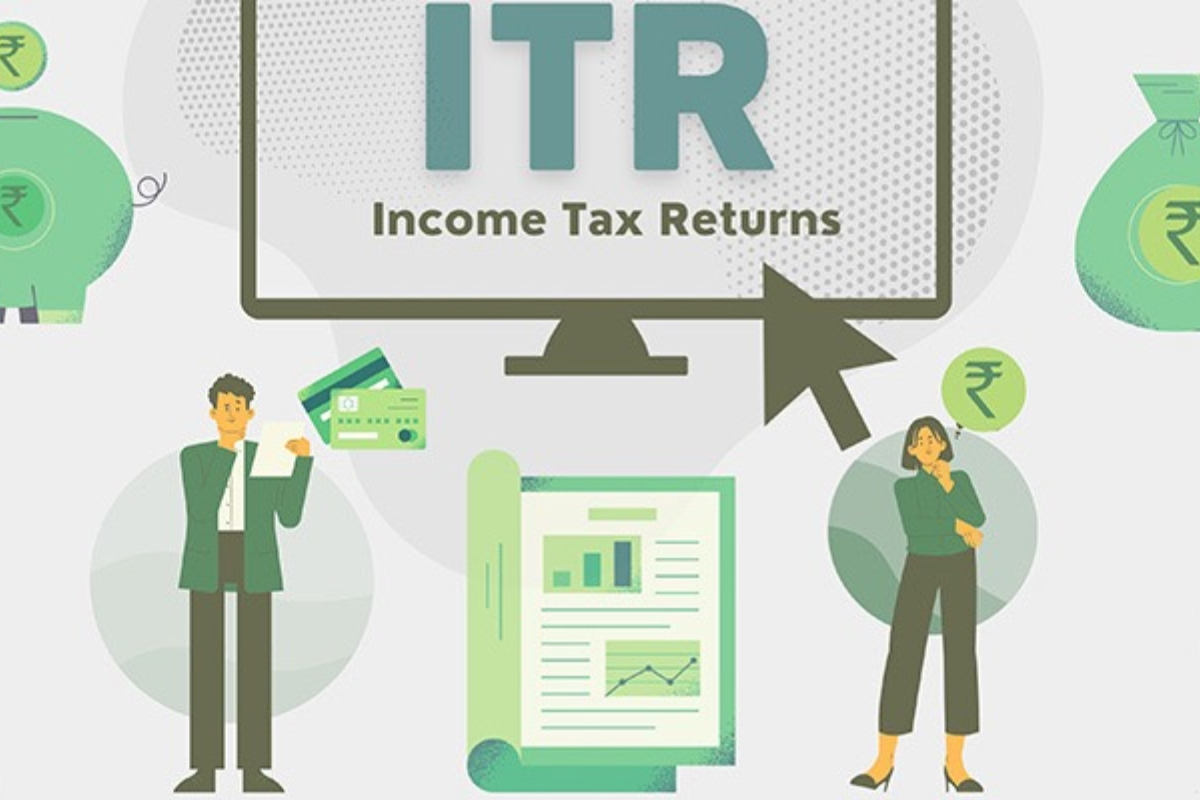Bank & NBFC Loan Recovery Harassment in India: Know Your Rights and How to Fight Back
Every year, millions of Indians who have taken loans from banks or Non-Banking Financial Companies (NBFCs) face a reality that…

ITR
Every Indian citizen earning above a certain threshold is required to pay taxes and file an Income Tax Return (ITR) annually. However, many people either delay or skip filing due to lack of awareness or confusion about rules and timelines. Whether you are a salaried employee, a freelancer, a business owner, or even a farmer with taxable income, understanding ITR is essential.
This article explains basics of ITR, how to file it, key benefits, important deadlines (including mid-September and late-December provisions), and what happens if you miss them.
Income Tax Return (ITR) is a form used by taxpayers in India to report their annual income, deductions, tax liability, and payments to the Income Tax Department. The data filed helps the government track tax compliance and refunds. There are different ITR forms (ITR-1 to ITR-7) based on the type of taxpayer and income source:
Each form serves a specific group and needs to be filled accordingly.
ITR can be filed online via the official Income Tax e-Filing portal. Here’s a basic step-by-step process:
Even if your income is below the taxable limit, filing ITR offers many benefits:
Don’t worry, the government provides additional options:
If you miss the July 31 deadline, you can still file a belated return by December 31, but with penalties and some restrictions:
Made a mistake in your original or belated return? You can revise it up to December 31 of the assessment year.
Taxpayers whose accounts are required to be audited (typically businesses with turnover beyond specified limits) have until September 30, 2025, to file their ITR. These include:
They must also submit the Tax Audit Report (TAR) by September 30.
December 31, 2025, is the absolute last date for:
Failing to file ITR without a valid reason may attract:
Filing your ITR is not just a legal formality, it is a powerful financial habit which makes you a responsible citizen. Even if you missed the July 31 deadline, you can still file until December 31, though with some penalties. It is better to be late than never. If you fall under audit requirements, the mid-September date applies to you, while December 31 remains the final opportunity to file any ITR (belated or revised) for FY 2024–25. Do not delay, log in to the Income Tax portal and file your return at the earliest to avoid complications.
Advertisement